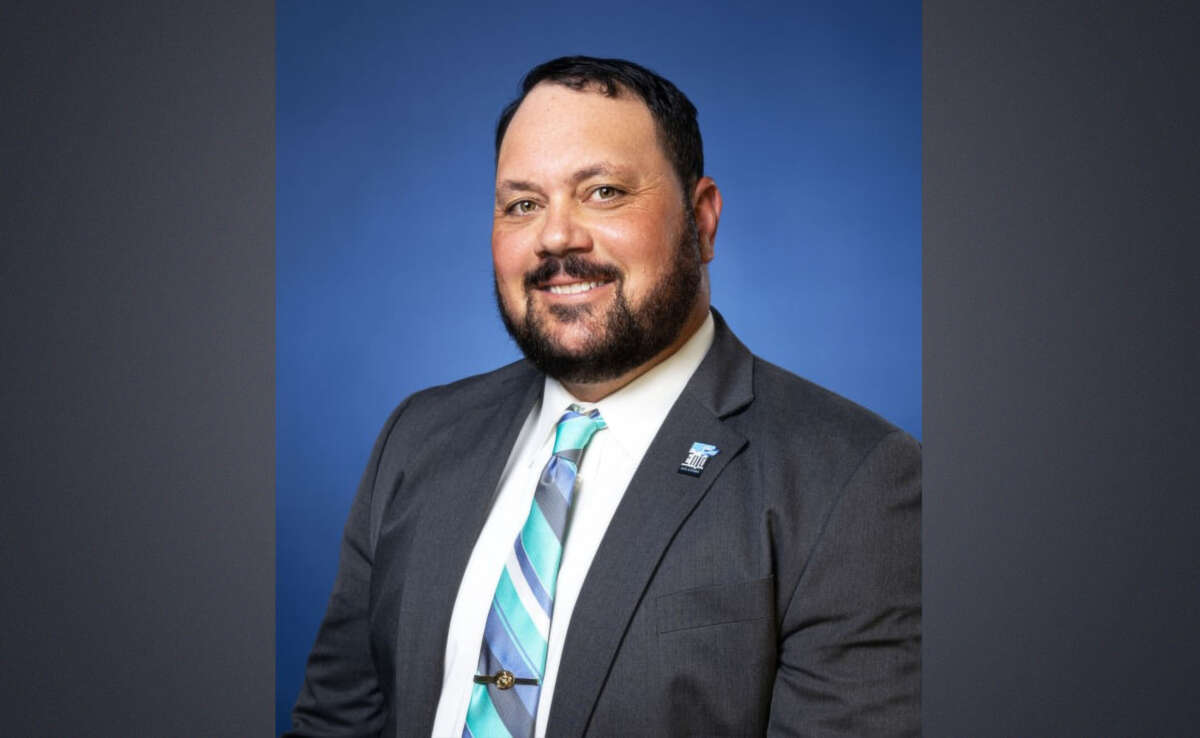A recall election in Enid, Oklahoma, a small community about 100 miles north of Oklahoma City, was successful in removing a noted white supremacist from the city commission.
Cheryl Patterson, a moderate Republican and a former school teacher, defeated Judd Blevins, the incumbent commission member and a far right conservative Trump supporter, by nearly a 20-point margin in the special election race. Patterson will likely be sworn in at the next city commission meeting around April 16.
Patterson attained 829 votes in the conservative-leaning community, or around 59.64 percent of the total that were cast in the Ward 1 race. Blevins received the remainder of the vote, 561 ballots overall.
The race had deeply divided the city after it became evident that Blevins, who was initially elected in 2023, took part in the 2017 “Unite the Right” white supremacist march and rally that broke out into violence and led to the death of antiracist activist Heather Heyer. Those revelations prompted a signature drive against him, leading to the recall race that happened earlier this week.
Blevins defended his attendance at the rally in a candidate forum last week, saying he had done so to bring “attention to the same issues that got Donald Trump elected in 2016.” He also said his rally attendance was based in part on his beliefs that there is “anti-white hatred” within “media entertainment.”
In addition to his participation in the “Unite the Right” events, Blevins also posted racist and antisemitic screeds in white nationalist forums online, and was an active organizer with Identity Evropa, a far right group that advocates for white nationalism. In one post he made in 2019, he called on other white nationalists to run in local electoral races — including in city council elections, like he would do two years later — to be in positions of power “where one can fly under the radar yet still be effective” in their white supremacist aims.
Following his recall election loss, Blevins was unapologetic about his past, blaming the outcome using Trumpian themes. He described the recall movement as a “coalition of leftists and moderates,” for example, that was joined by “an all out media blitz” against him using “scare tactics” that led to his defeat.
Patterson, for her part, has pledged to return the city to “normalcy” after Blevins’s controversial one-year term on the city commission.
“Let’s have a council meeting about what’s going on in Enid, what we need to accomplish, all the great things we have going on and just kind of get back to civility,” Patterson said following her win.
Others in the community, including Democratic-leaning voters, also celebrated the removal of Blevin from the commission.
“We won. Blevins lost. Hate lost,” said Connie Vickers, a Democrat in the city who was one of the first to point out the far right candidate’s ties to white nationalism.
Our most important fundraising appeal of the year
December is the most critical time of year for Truthout, because our nonprofit news is funded almost entirely by individual donations from readers like you. So before you navigate away, we ask that you take just a second to support Truthout with a tax-deductible donation.
This year is a little different. We are up against a far-reaching, wide-scale attack on press freedom coming from the Trump administration. 2025 was a year of frightening censorship, news industry corporate consolidation, and worsening financial conditions for progressive nonprofits across the board.
We can only resist Trump’s agenda by cultivating a strong base of support. The right-wing mediasphere is funded comfortably by billionaire owners and venture capitalist philanthropists. At Truthout, we have you.
We’ve set an ambitious target for our year-end campaign — a goal of $250,000 to keep up our fight against authoritarianism in 2026. Please take a meaningful action in this fight: make a one-time or monthly donation to Truthout before December 31. If you have the means, please dig deep.
